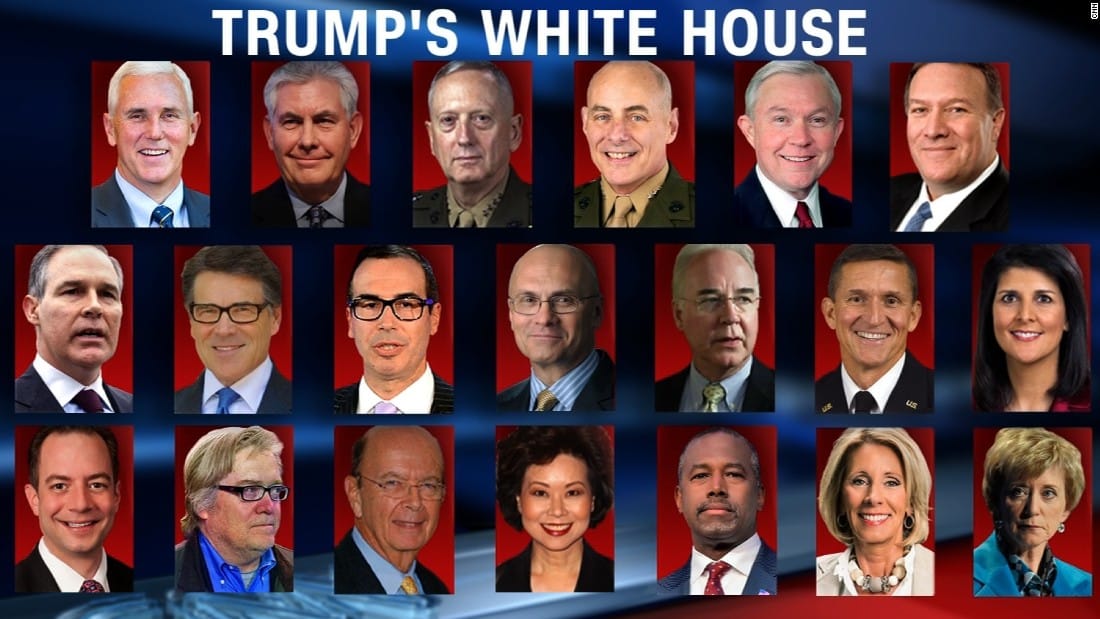In recent discussions among military personnel, a notable concern has emerged regarding the potential implications of Pete Hegseth’s views on U.S. military conduct. Hegseth, a prominent media figure and veteran, has garnered attention for his outspoken opinions on various military and political issues. However, some military officers worry that his approach may lead to a disregard for accountability regarding U.S. war crimes.
The apprehension stems from Hegseth’s public persona, which often emphasizes a strong nationalist sentiment and a defense of military actions without critical examination. This perspective raises questions about the ethical responsibilities of military leaders and the importance of acknowledging and addressing potential misconduct within the ranks. Military officers argue that a culture of accountability is essential for maintaining the integrity of the armed forces and ensuring that the U.S. military operates within the bounds of international law.
Concerns about war crimes are not new, as the U.S. military has faced scrutiny over its actions in various conflicts, including Iraq and Afghanistan. Allegations of civilian casualties, torture, and other violations of human rights have prompted calls for greater transparency and accountability. In this context, the role of influential figures like Hegseth becomes increasingly significant. Officers fear that his potential influence could contribute to a narrative that minimizes or dismisses these serious allegations.
The military operates under a strict code of ethics, which emphasizes the importance of honor, integrity, and accountability. Officers believe that leadership should exemplify these values, particularly when addressing sensitive issues such as war crimes. The concern is that Hegseth’s approach may undermine these principles, leading to a culture where misconduct is overlooked or rationalized.
Moreover, the implications of Hegseth’s stance extend beyond the military itself. Public perception of the armed forces is heavily influenced by the narratives presented by prominent figures. If military leaders appear to condone or ignore allegations of war crimes, it could erode public trust in the military institution as a whole. This erosion of trust may have far-reaching consequences, affecting recruitment, morale, and the overall relationship between the military and the civilian population.
In light of these concerns, some military officers advocate for a more balanced discourse that acknowledges the complexities of military operations while also holding individuals accountable for their actions. They emphasize the need for open dialogue about the ethical implications of military conduct and the importance of learning from past mistakes. This approach, they argue, is essential for fostering a culture of accountability and ensuring that the military remains a respected institution.
The debate surrounding Hegseth’s views is emblematic of a larger conversation about the role of media figures in shaping public perceptions of the military. As social media and news outlets continue to amplify voices like Hegseth’s, the potential for misinformation and oversimplification of complex issues increases. Military officers stress the importance of critical thinking and informed discourse in navigating these narratives, particularly when it comes to matters of ethics and accountability.
In conclusion, the concerns raised by military officers regarding Pete Hegseth’s potential to overlook U.S. war crimes highlight the critical intersection of military ethics, leadership, and public perception. As the military continues to grapple with its legacy and the implications of its actions, the need for accountability and transparency remains paramount. The discourse surrounding figures like Hegseth serves as a reminder of the responsibility that comes with leadership and the importance of upholding the values that define the armed forces.



